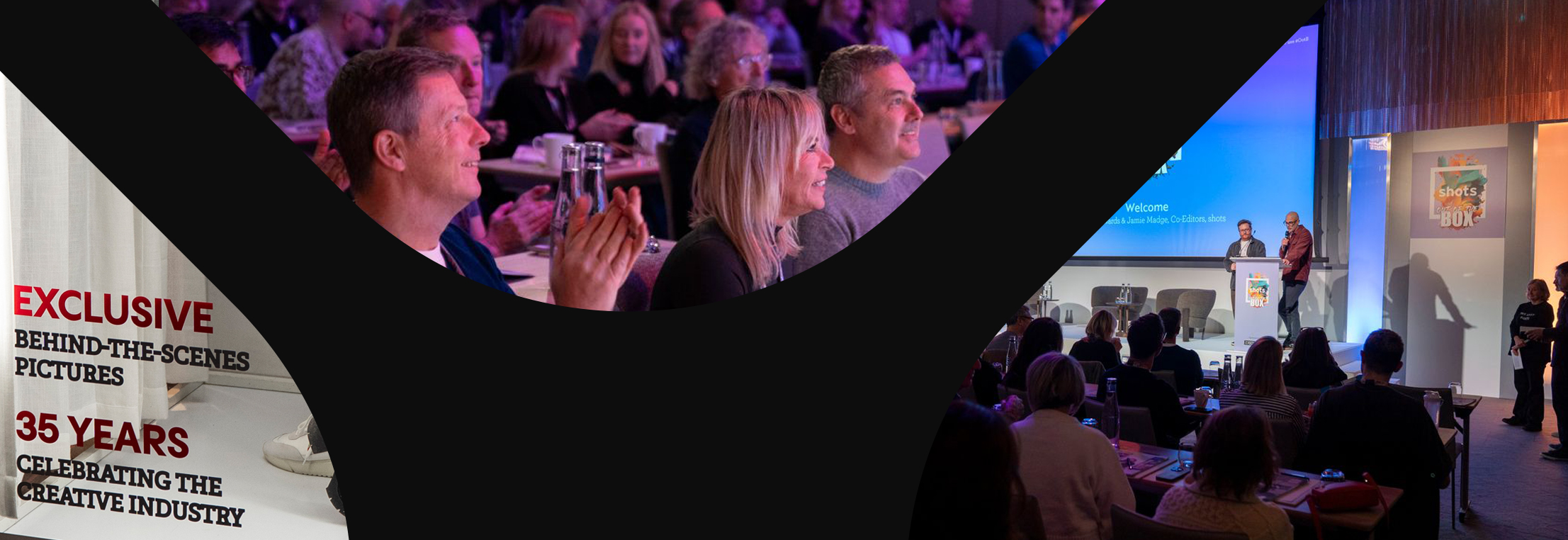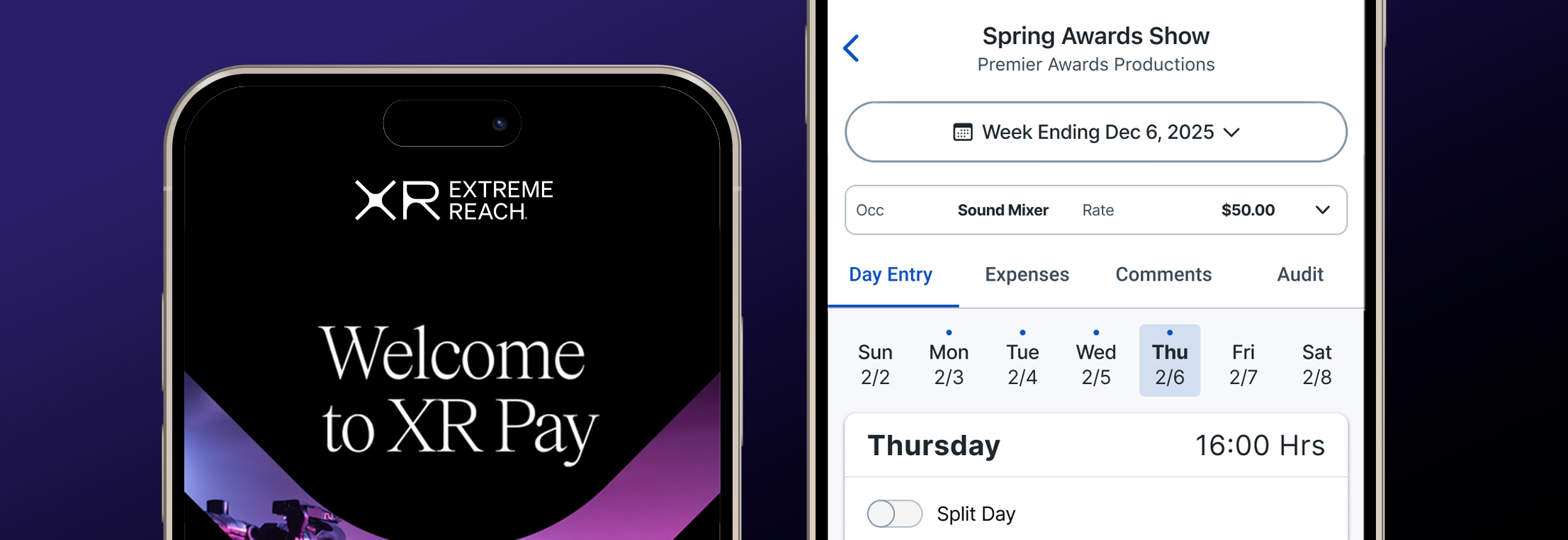New Year Marketing Campaigns Strike the Right Note
The holidays are over, and with them last year’s festive ad campaigns. Now, as consumers set intentions for 2023, brands are coordinating messaging to match those resolutions. Here are some recent campaigns that caught our attention.
Getting Healthy
Nature Made vitamin brand debuted its new campaign on New Year’s Eve with a sponsorship on the network program, Good Morning America. Called “The Start of Something Great,” this push reflects the “new year, new me” attitude consumers typically embrace in January following a holiday period often defined by consumption and largesse. New research compiled by NielsenIQ in conjunction with Nature Made suggests that customers no longer vibe to “scare-based” advertising. Uplifting messaging about personal health journeys is preferred, which is why the brand’s 30-second hero spot shows positive ways vitamins can impact a person’s day, such as improving time spent with loved ones. “Science and quality remain fundamental to our brand’s DNA, but our new campaign seeks to reframe the role of Nature Made vitamins and supplements by leaning into the shifting cultural conversation and consumer expectations around health and wellness,” said Rhonda Hoffman, Pharmavite CMO. The effort represents a strong investment in connected TV, along with activations on TikTok, Instagram Reels and Pinterest to reach a younger demo.
From serious to silly, British-based supplement maker Symprove unveiled its own tongue-in-cheek campaign to call out “fake” nutritional products and highlight how ineffective non-science-based wellness solutions can be. London’s Lucky Generals ad agency created a 60-second spoof film called “Lisa’s Gut Wellness Trends 2023” that showcases the brand’s titular character, English TV presenter Lisa Snowdon, jokingly promoting the efficacy of items like “gut candles,” while a “bowel counselor” speaks to her stomach to restore trust between Snowdon and her gut. The campaign will run across UK social channels and print publications through July.
Going Dry
Dry January is now a global cultural phenomenon wherein participants commit to abstaining from alcohol for a month, but the movement has humble beginnings. It launched in 2012 by Alcohol Change UK, a British charity that challenged consumers to embrace sobriety for 30 days as a means of raising awareness around unhealthy drinking habits. Gen Z consumers quickly claimed the “sober-curious” trend via viral hashtags like #Hangxiety, causing the US non-alcoholic drinks market to increase sales by 24% in 2022, according to online retailer Drizly. Brands are likewise jumping on the bandwagon with a variety of activations. Massachusetts-based Sam Adams brewery, for example, released a 60-second spot challenging beer enthusiasts to an invisible taste test: select the single non-alcoholic option from five glasses of beer—while seated outside, above a beer-filled dunk tank, on a cold January day in Boston. Many competitors entered the contest brimming with confidence. Most exited shivering and wet.
Tito’s Handmade Vodka also embraces Dry January with a slightly different tactic. The brand’s “DIY January” campaign features Martha Stewart in a comedic spot, doing what the queen of domestic arts does best: providing innovative home-improvement tips. She uses a Tito’s spray bottle to combat musty smells from an old pair of boots, clean messy surfaces, and water flowers. “Smells like February,” says Stewart, sniffing the blooms and smiling. “We understand that Tito’s drinkers might choose to opt out of drinking this month to partake in dry January, and we support them in doing that,” said Taylor Berry, VP of brand marketing at Tito’s. “We’ll still be here when February rolls around, but we wanted to offer up some helpful alternate ways to use our vodka until then.”
Gaining Fitness
Gyms around the world typically capitalize on New Year’s resolutions as an influx of consumers suddenly feel inspired to start exercising, but Planet Fitness aimed to break through this month’s clutter with a risqué 30-second spot. The brand coined two new terms—low E and big E—to describe the low energy levels people feel before working out versus the feeling that “keeps you energized and glowing all day” following an exercise endorphin rush. “Planet Fitness has never shied away from being bold to make a point,” said Katy Hornaday, chief creative officer at Barkley. “So a faux-Pharma spoof campaign that pulls no punches was just what the fake doctor ordered to drive joins this New Year.” Campaign placements include national TV on daytime and evening programs, along with radio, digital, and social media.
Finally, H&R Block is promoting financial fitness with a new campaign that likens filing taxes to happy events, such as football season or Hollywood awards shows. “For most Americans, tax season is the most significant financial moment of the year,” said Jill Cress, chief marketing and experience officer at H&R Block. “And yet it’s one of these seasons that kind of fills us with dread when you mention taxes.” Turbo Tax’s hero “Paparazzi” spot hopes to bring humor and levity to this often fear-filled time. Ad rollouts began January 3 with six-, 15- and 30-second spots running during thematically similar broadcasts, like Sunday Night Football. “The media placement is really going to complement the content,” said Cress. Beyond a wide range of television placements, a significant social media component will complement the activation until the end of tax season on April 15.
From caring for bodies, to taking a booze break, to managing finances after the holiday spending season, brands are promoting campaigns that speak to consumers’ new year resolutions. Here’s to a happy and healthy 2023!



.jpg)
